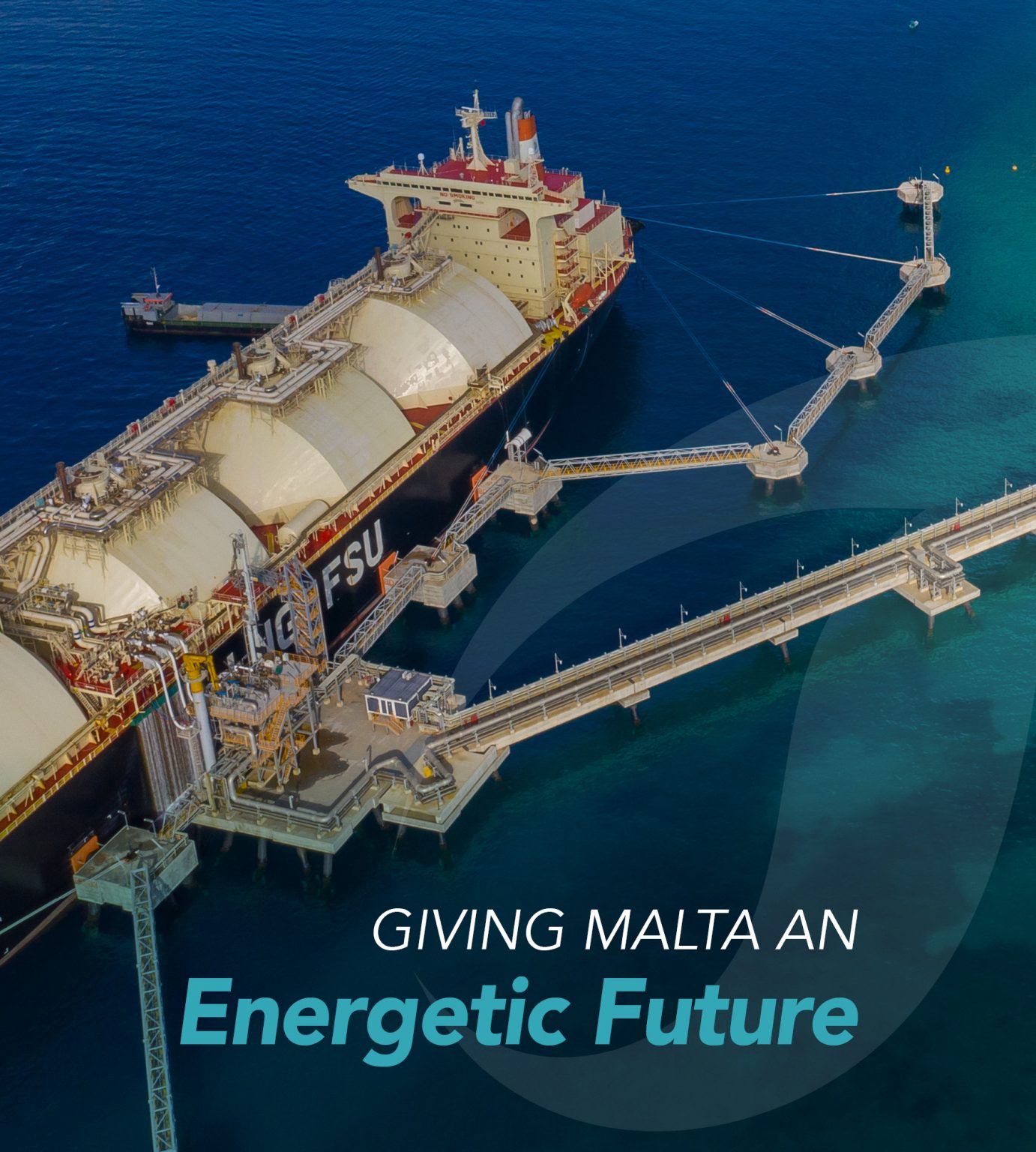Jonathan Cardona doesn’t need to think twice when asked about the importance of Enemalta on the island country of Malta, where it provides electricity to residential, business and industrial customers.
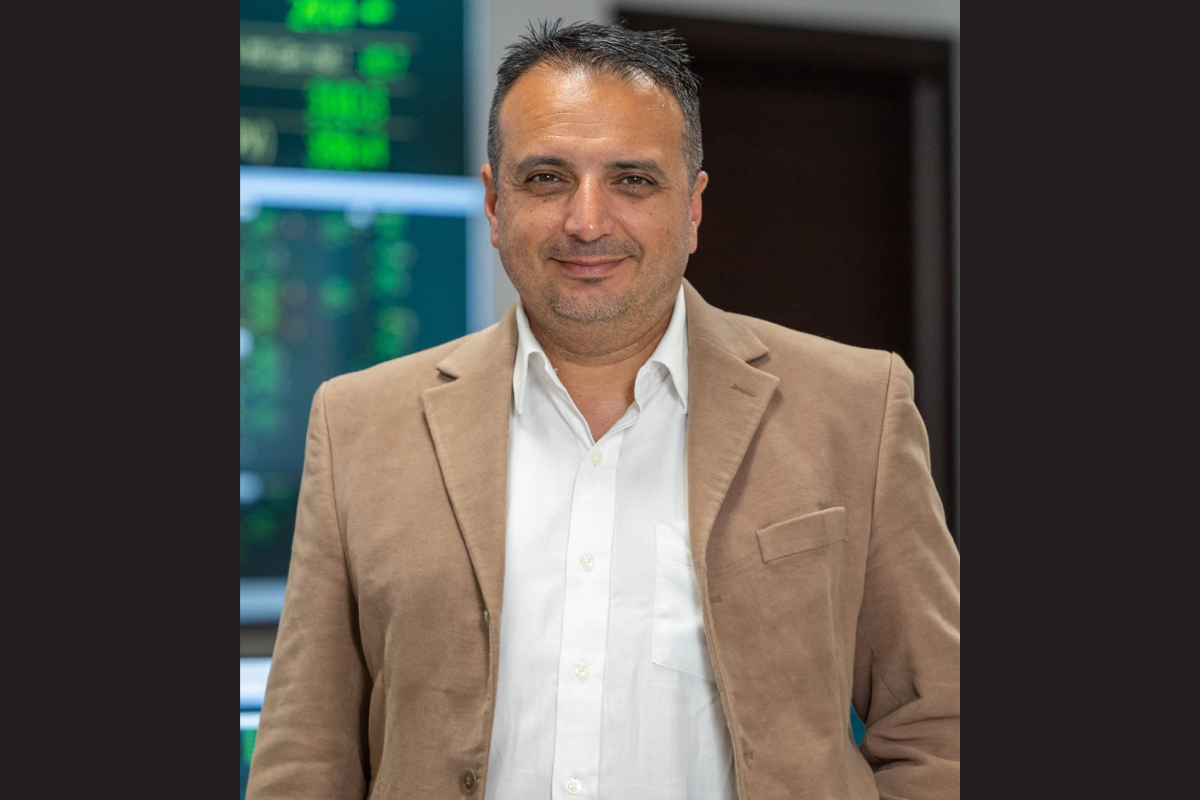
“The services we provide here are the backbone of our economy. Not the only one, but definitely one of the most important pillars for our economy to grow,” he tells The CEO Magazine.
“You do feel the responsibility to perform, and to ensure that what needs to be done is done and is done in the most efficient way.”
Enemalta serves customers across the islands of Malta and Gozo. It remains government-owned, while China-based Shanghai Electric holds one-third of the shares.
Cardona assumed the reins as CEO of Enemalta in October 2021, having previously headed Kommunita Malta, the government department overseeing citizenship and the country’s Individual Investor Program Agency.
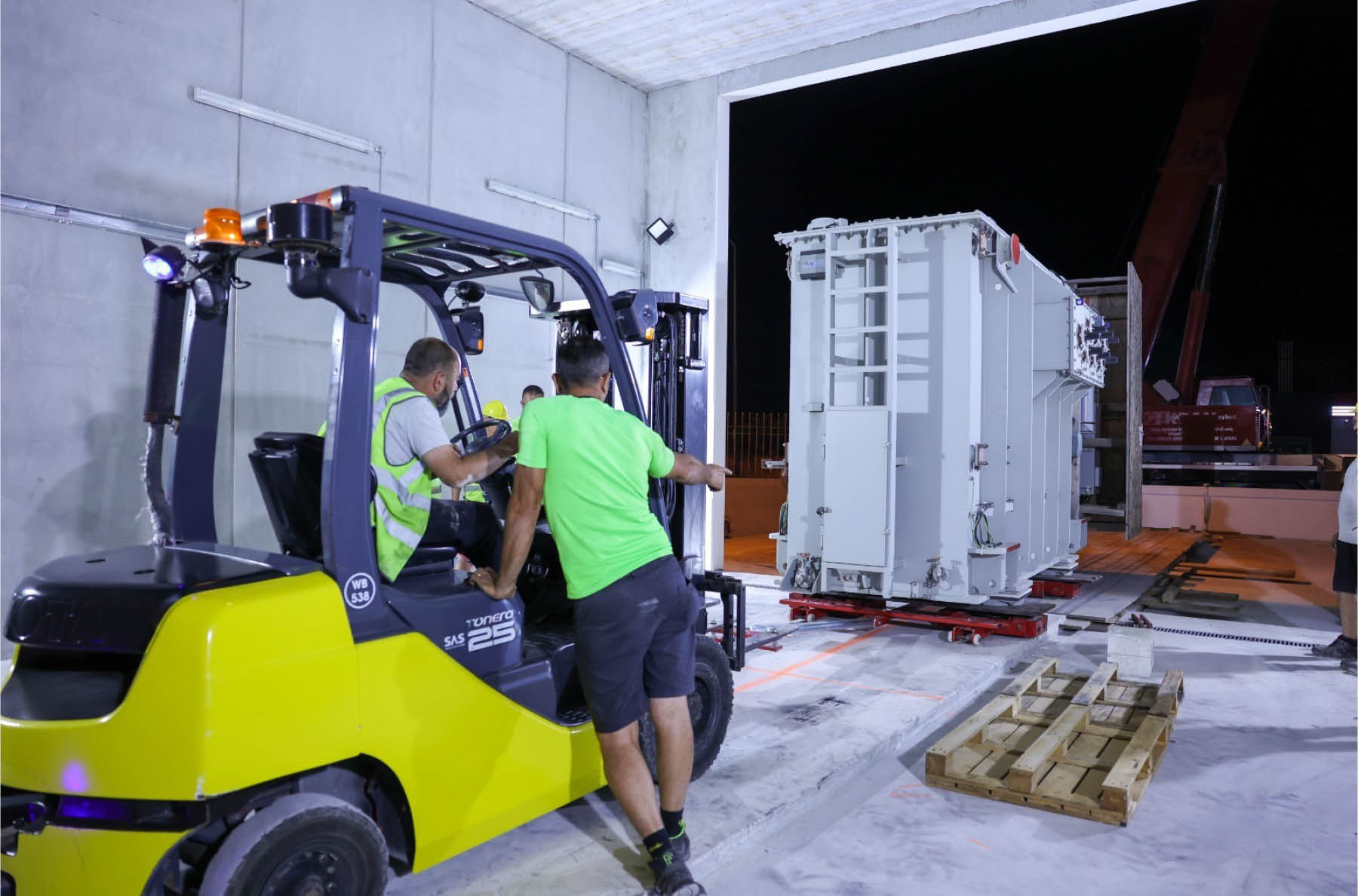
The services we provide here are the backbone of our economy.
He is leading Enemalta at a critical time as the company strives to improve its balance sheet, while also playing a key role in helping Malta to meet its climate commitments.
“Enemalta is Malta’s sole energy distributor. We are a distribution system operator here,” he says. “Our main role is to distribute energy throughout the country to all of our clients. So anyone who needs electricity here needs our services.
“Our role is to ensure that we have sufficient supply, and that the network and grid are up to the necessary requirements to ensure a stable supply of electricity.”
Electrifying everything
The role of utilities is taking on increasing importance as the climate crisis advances. It presents challenges and opportunities for Enemalta, which has been shifting to cleaner sources of energy over the past decade.
An interconnection with Sicily came online in 2015, connecting Malta to the European grid and allowing it to access cleaner sources of energy. Enemalta shut down its last heavy fuel oil plant in 2017, while inaugurating a new gas-fired plant the same day.
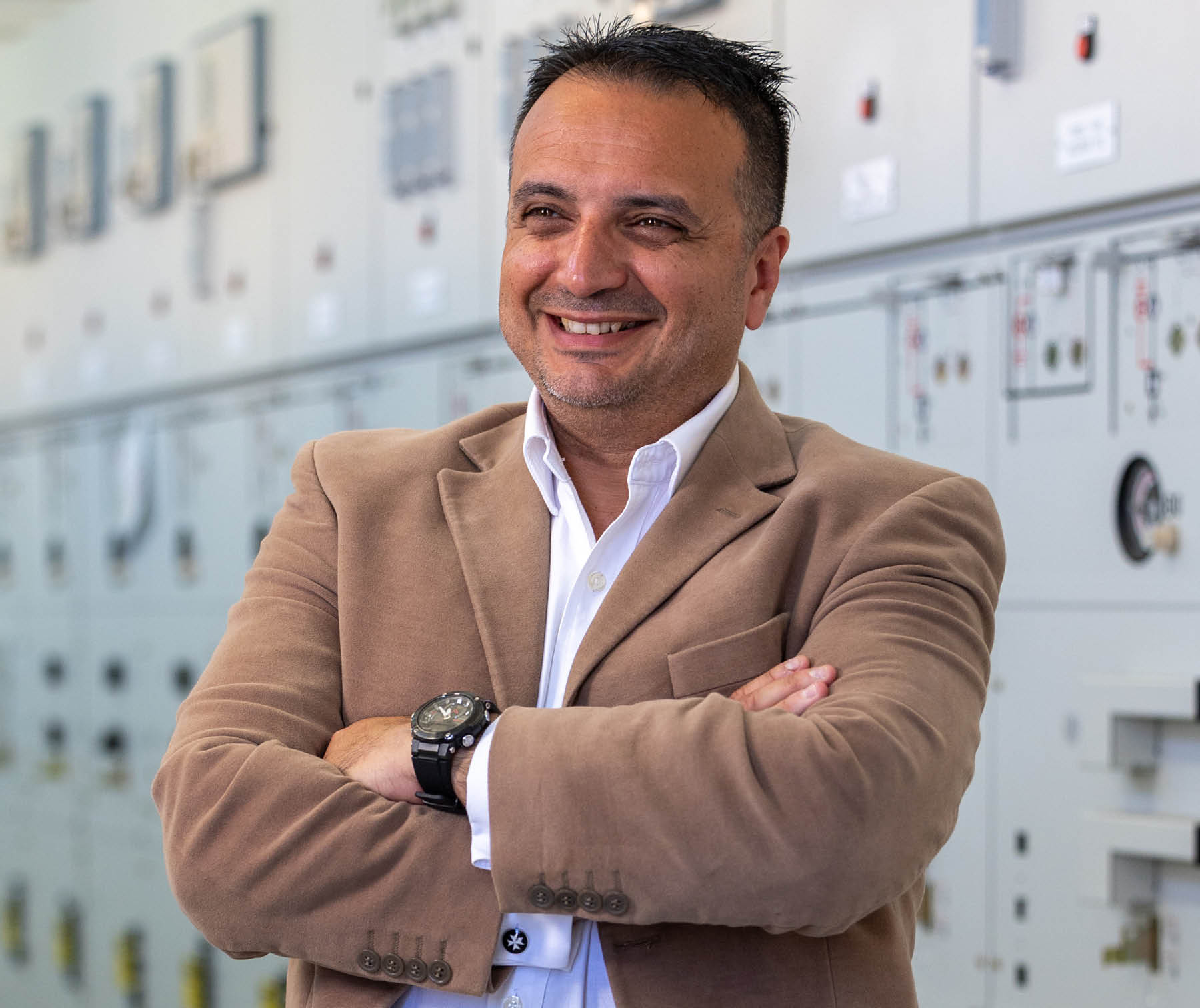
The shift to cleaner sources comes amid rising demand – especially with electric vehicles becoming ever more common.
“Everything is being electrified. Cooking, heating, everything is now being based on electricity,” Cardona reveals. “It’s the general global conditions and directions that the world is taking, and being pushed even by the European Commission. It was then compounded by the Russia–Ukraine war, where there’s a bigger push to electrify everything.”
The conflict in Ukraine has caused headaches for utilities like Enemalta, with prices rising and some supplies being unavailable.
“The conflict between Russia and Ukraine has created logistical challenges, not just for us, but even our suppliers,” he says. “We are still going through this.”
The COVID-19 pandemic also presented unique challenges. One challenge was keeping employees safe as they often work in teams and share vehicles while heading to service calls and job sites. Another was dealing with an unexpected dip in demand, which had been rising through the 2010s.
“During the pandemic, demand was skewed. Many people were working from home. What happened is that demand did not continue to rise as predicted,” Cardona explains.
A return to normalcy has meant that load has been difficult to predict, increasing stress on the network.
“It jumped and spiked in an abnormal way compared to previous years. That’s quite a challenge, because we need to ensure that our network is up to these new demands.”
A team-based approach
Since becoming CEO, Cardona has employed a team-based focus with staff. This approach, he explains, seeks input from everyone, allows for a more holistic solution to be achieved and usually ends with much better solutions for the company.
“No-one is knowledgeable in everything. Here, the industry is a very complex one. There are many variables in it,” he acknowledges.
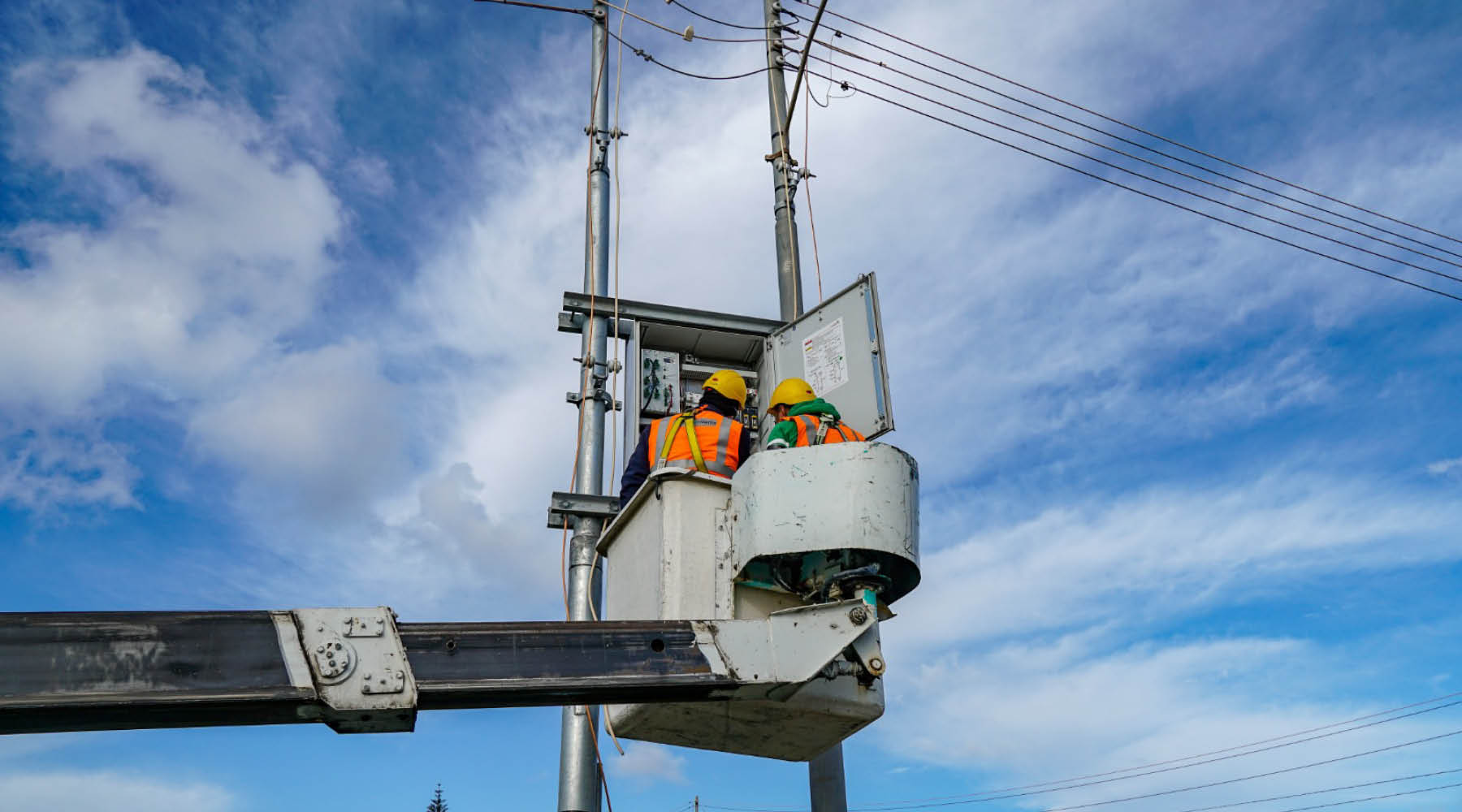
No-one is knowledgeable in everything. Here, the industry is a very complex one.
“There’s no one person who’s an expert in all the variables. When we make decisions in a team-based approach, everyone has their input. When it comes to implementation, the fact that the leadership team was part of the decision-making process, there’s a bigger sense of ownership in implementing, and that becomes more efficient.”
The electricity sector is at the cutting edge of technological advancement as the world shifts to renewable sources of energy. Enemalta is embracing renewables too, especially solar.
“What we’re trying to do here is facilitate, through our grid, the development of more renewable energies,” Cardona points out. “Because Malta is a small island, the main solution so far has been photovoltaics, both small-scale on rooftops, and also medium-scale in old unused quarries and other open land. We try to become enablers for such products.”
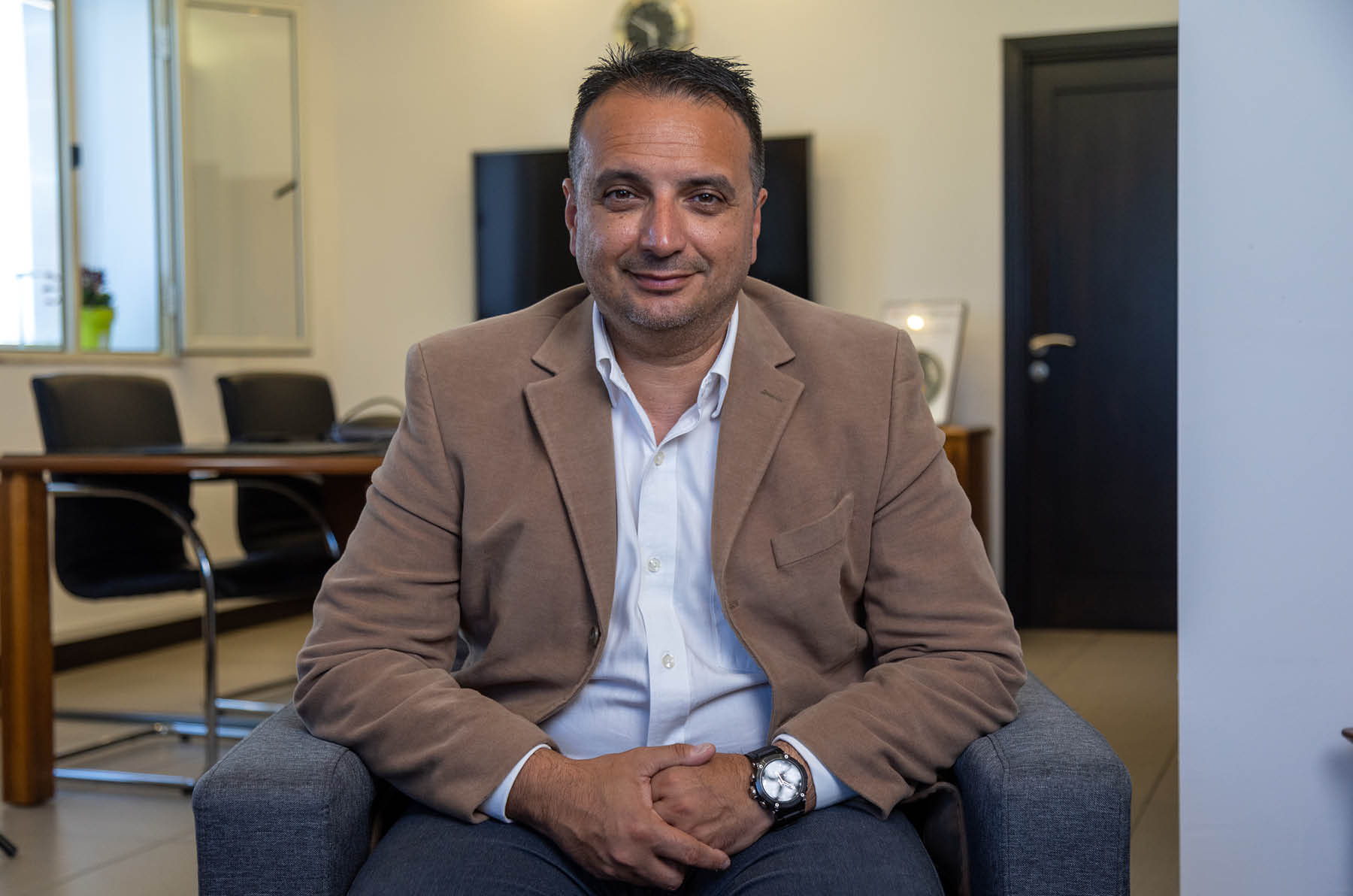
When you add everything together, the little effort of what anyone can do, when you are putting it all together, I think it’ll make a big difference.
He has also embraced technology for improving customer service. Enemalta has experimented with AI, automation and chatbots to assist customers during service outages when calls overwhelm staff.
“We are trying to make the customer experience better,” Cardona says. “Over the next 18 months, the plan is to transition and upgrade to this new system, which should make us more efficient in our operations.”
A sustainable future
Technology very much goes together with sustainability. However, Cardona encourages everyone to embrace sustainability – not just utilities and big companies.
“I think the issue of sustainability doesn’t lie only with companies,” he reflects. “In reality, companies should do their bit, definitely a big bit. But I think it also comes in the way we live. Everyone should become a bit conscious.
“There’s a cost to it, both financial and environmental costs. I think a little bit from everyone would help, all in all. Because when you add everything together, the little effort of what anyone can do, when you are putting it all together, I think it’ll make a big difference.”
IN COLLABORATION WITH
Electrogas Malta
Helping Malta to significantly reduce its reliance on heavy fuel oil by introducing a cleaner energy source.
Read More
